Description
Industrial Incinerator: Advanced Solution for Safe and Efficient Waste Disposal
The Industrial Incinerator is a specialized high-temperature combustion system designed to safely and effectively dispose of industrial waste with complex compositions. It plays a critical role in modern waste management by converting hazardous or non-recyclable industrial materials into harmless byproducts such as flue gas and ash. By leveraging thermal oxidation as its core principle, this technology ensures that even the most stubborn organic compounds are broken down under controlled combustion conditions.
Engineered to operate at temperatures between 800°C and 1200°C or higher, the industrial incinerator guarantees rapid oxidation of organic substances. It not only reduces the physical volume of waste dramatically but also minimizes environmental and health risks associated with toxic materials. Through precise management of temperature, air intake, and residence time, the system delivers efficient, complete combustion with minimal harmful emissions.
Key Functions of an Industrial Incinerator
| Function | Description |
|---|---|
| Thermal Oxidation | Converts complex organic matter into CO₂, H₂O, and other stable compounds via high-temperature combustion. |
| Hazardous Waste Treatment | Decomposes toxic substances in industrial waste, preventing environmental contamination. |
| Energy Conversion | Transforms chemical energy from waste into thermal energy, aiding in heat recovery and reuse. |
| Emission Control | Supports integration with flue gas purification systems to minimize pollutant discharge. |
| Volume Reduction | Reduces the solid volume of industrial waste by up to 90%, easing final disposal. |
Common Application Scenarios
Industrial incinerators are vital across various sectors where hazardous or complex waste streams are generated. Typical use cases include:
Chemical Manufacturing Facilities
Dispose of off-spec products, solvents, and chemical sludge through controlled high-temperature incineration.
Pharmaceutical and Biomedical Industries
Eliminate expired drugs, laboratory waste, and biologically contaminated materials safely and thoroughly.
Petrochemical Plants
Handle oily residues, tar, and hydrocarbons while preventing emissions of unburnt pollutants.
Electronics and E-Waste Recyclers
Thermally decompose non-recyclable components of circuit boards and polymer coatings.
Paint and Coating Industries
Destroy volatile organic compounds (VOCs), waste paint, and chemical residues with full combustion.
Advantages
-
Complete Decomposition of Hazardous Compounds
Capable of breaking down toxins, organic pollutants, and carcinogenic compounds into safe gases. -
Thermal Efficiency and Energy Recovery
Converts waste into usable thermal energy for co-generation or industrial reuse. -
Environmental Compliance
Meets stringent national and international emission standards when combined with gas purification systems. -
Reduces Transportation and Landfill Needs
On-site treatment reduces the need for long-distance hazardous waste transport and landfill reliance. -
Safe and Reliable Operation
Designed with automated controls to maintain optimal combustion and safety levels.
Combustion Process Overview
The industrial incineration process begins when various forms of solid, liquid, or semi-solid waste are introduced into the primary combustion chamber. A high-temperature environment is created (often above 1000°C), where rapid oxidation reactions convert organic material into flue gas and ash.
The generated heat is retained and sometimes recovered, while the flue gas moves to secondary combustion or purification systems, where it may undergo further treatment such as filtration, scrubbing, or catalytic reaction to neutralize harmful gases. Precise control of combustion parameters—including air supply and residence time—ensures full decomposition and energy efficiency.
Summary
The Industrial Incinerator is more than just a disposal unit—it is a strategic tool for industries that generate complex or hazardous waste. By utilizing thermal oxidation technology under tightly controlled conditions, it ensures complete combustion, safe byproduct generation, and strict environmental compliance.
Whether installed in chemical plants, manufacturing facilities, or waste treatment centers, a modern industrial incinerator enhances operational safety, environmental responsibility, and waste management efficiency.



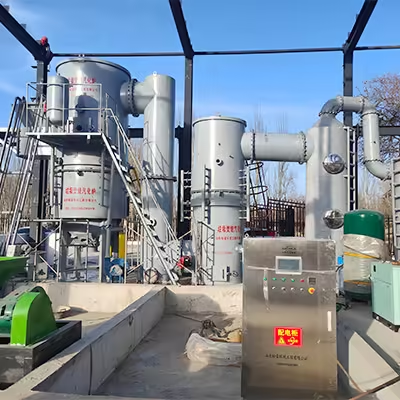
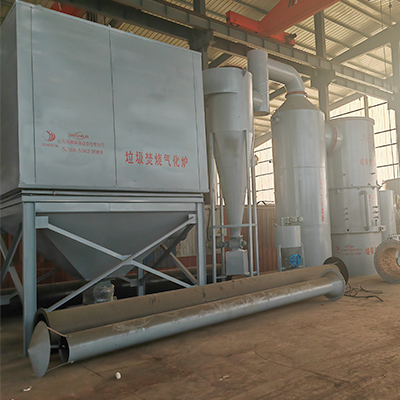
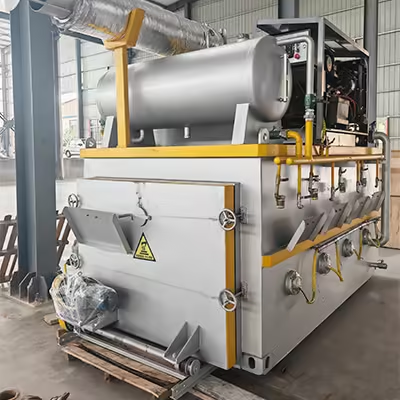
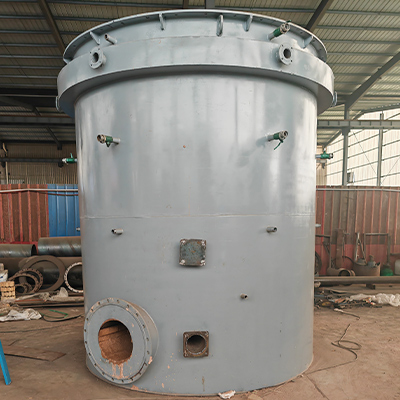
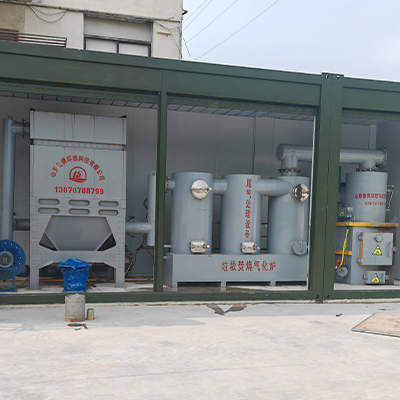
Reviews
There are no reviews yet.